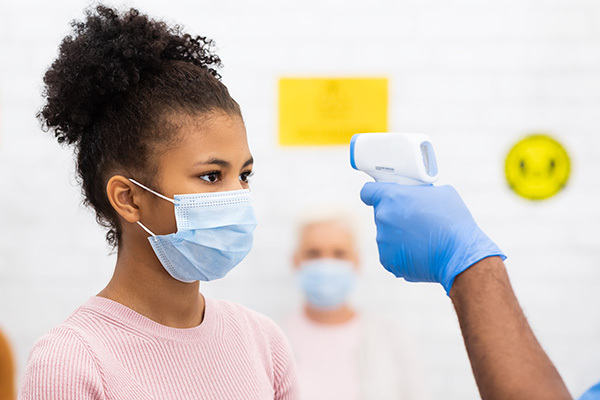Question:
We are thinking about starting a study that may need IBC review before we can begin. Do we need to buy any special safety equipment for studies needing IBC approval?
– Clinical Trial Coordinator, Research Institution
Response:
When reviewing a study that requires IBC approval before initiation, most IBCs expect basic safety precautions and equipment to be in place. Handwashing sinks, eyewashes, spill cleanup kits, and appropriate biohazardous waste containers are good examples of such equipment.
The need for any additional “non-standard” safety equipment – like respirators, biosafety cabinets (BSC), or other containment devices – is driven by a combination of factors that have to do with the investigational product and how it is handled. For example, a replication-capable viral vector derived from an airborne pathogen like Adenovirus will often require a BSC for mixing, dilution, or other activities with the potential to generate infectious aerosols. Lower-risk products, like mRNA vaccines or other non-infectious agents, can usually be handled without special safety equipment. Sites should rely on their IBC or a similar safety committee as a resource that can be utilized to make safety-related determinations.
Lastly, investigators and their staff should be aware that product handling instructions provided by clinical trial sponsors are not always written with IBCs and best biosafety practices in mind, oftentimes calling for unnecessary or inappropriate equipment. To ensure staff safety and avoid study startup delays, trial sites and their IBCs should always review sponsor-provided handling instructions and address any concerns as early as possible.
Don't trust your study to just anyone.
Partnering with WCG puts it in the best hands. We’ll help you every step of the way, from timeline and enrollment dates to qualification of prospective sites to document preparation and distribution. Experience the WCG difference starting with a free IBC services consultation.
